It's much easier than you think to become a Dungeon Master for D&D and other tabletop RPGs—and have a blast doing it
Learning how to DM doesn't need to be a struggle.
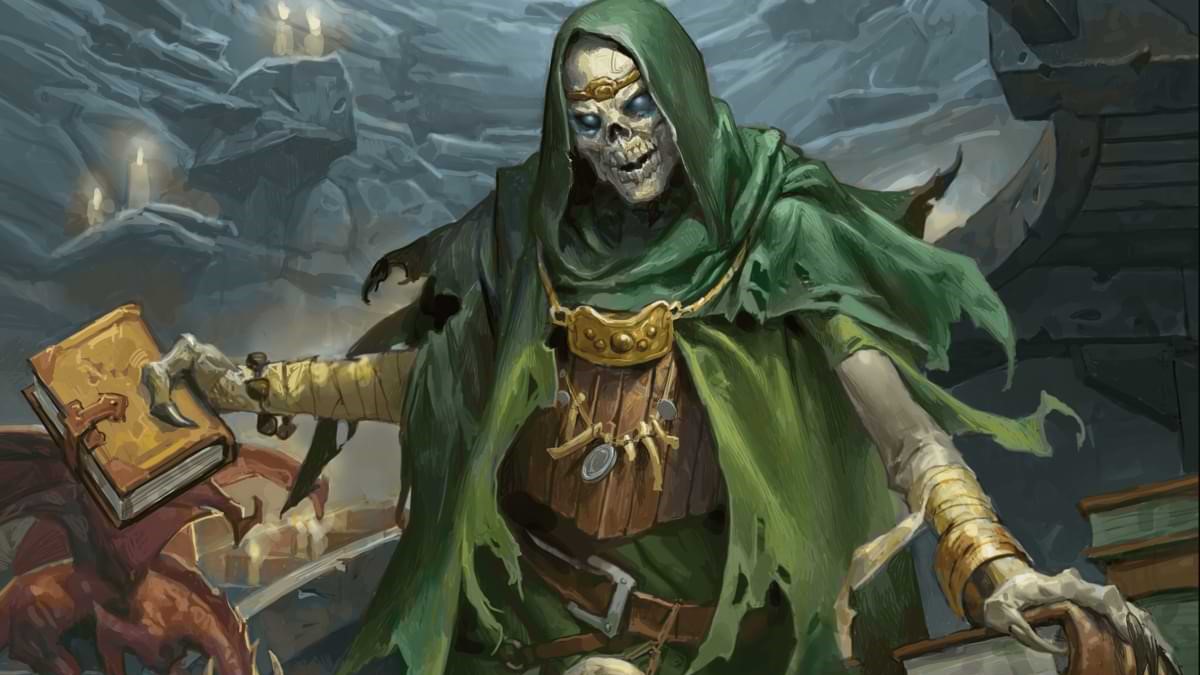
D&D and other tabletop RPGs require someone to lead them—a Dungeon Master, also known as a Games Master. It can be an intimidating role to take on, but as someone who's been regularly running campaigns for about 20 years now, trust me when I say that learning how to DM is much less difficult than it appears, and it can be a ton of fun to boot.
The first thing to know is that you don't need to be perfect right away—or ever, really. Popular D&D shows like Critical Role can make it seem like being a good DM means giving a flawless performance, but the reality is that you can give the group a great time without having any real skill for things like storytelling or vocal performance. Play with friends or at least like-minded individuals, and you'll find any mistakes you make are quickly glossed over, and that even the most simple and cliché adventure can be a blast.
That said, the role of Dungeon Master does require more preparation than being a player, and you will find things go a lot more smoothly if you put in some time to learn about what's expected of the role. This guide is designed to equip you with the knowledge you need for a great first adventure—read on, and you'll be running epic campaigns in no time.
Choosing a game
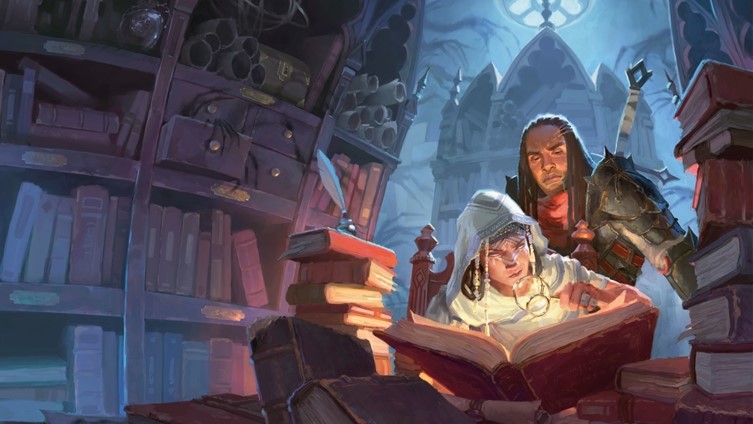
If you're reading this guide, you may have already decided what game you want to run, but if not it's worth thinking carefully about your options.
Dungeons & Dragons is the go-to for many, and for good reason. Its huge popularity and large amount of official support make it well-known and easy to find a group for. There are loads of pre-written adventures to draw on—good if you're not confident about writing your own scenarios yet. It also has useful digital tools such as D&D Beyond to help with the rules in play. It's worth bearing in mind, though, that there's a reason people turn to things like automated character sheets—D&D is a complicated system by TTRPG standards, and as the DM you'll be the one expected to keep on top of how it all works.
If your group is used to D&D, but you're open to trying something different as a DM, why not check out our list of the best D&D alternatives?
If you're looking for a game that's particularly gentle on a beginner DM, then something lighter and with robust DMing tools is a good fit.
The biggest gaming news, reviews and hardware deals
Keep up to date with the most important stories and the best deals, as picked by the PC Gamer team.
Savage Worlds is a good one—it's cheap to get into and its rules offer a really accessible take on high-action adventure. From a DM perspective, it's built to be quick and easy for you to prep and run, and there are loads of great official settings and adventures to draw on, ranging from fantasy to sci-fi to horror and more.
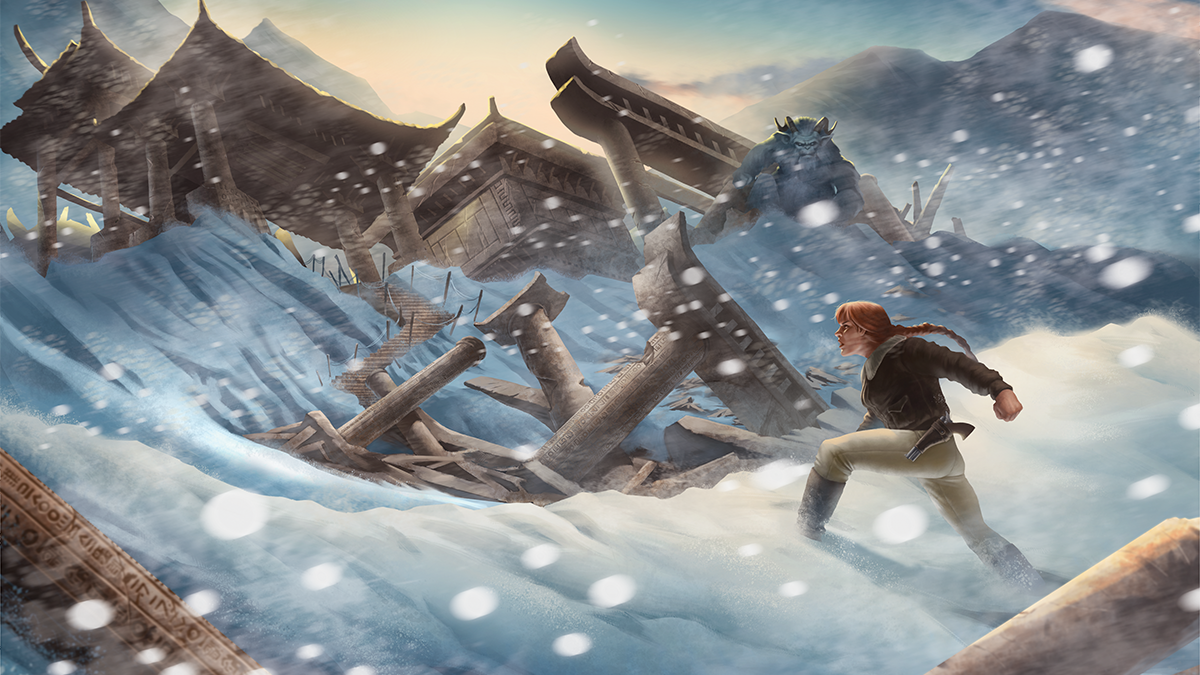
Another solid pick is Monster of the Week, a game that emulates the feel of shows like Buffy the Vampire Slayer, Supernatural, and The X-Files. The rules codify the DM role much more strongly than most RPGs, even giving you a set list of "moves" (essentially story moments) you should use in different situations, as well as setting out a very distinct and clear structure for each adventure to follow. The game does emphasise improvising story details in play, however—that can be really fun, and it means much less prep time before a session, but if you're uncomfortable thinking on your feet it might not be for you.
Of course there are countless other options out there—and, it should be said, the best pick of all is just whatever game you're really excited about. You're the one who's going to have to put the most time into the game, and that's going to be a lot easier if you're passionate about the game you've chosen. So if you've seen something and thought "I just have to run that", then follow that instinct and you'll be in a good position.
Preparing the adventure
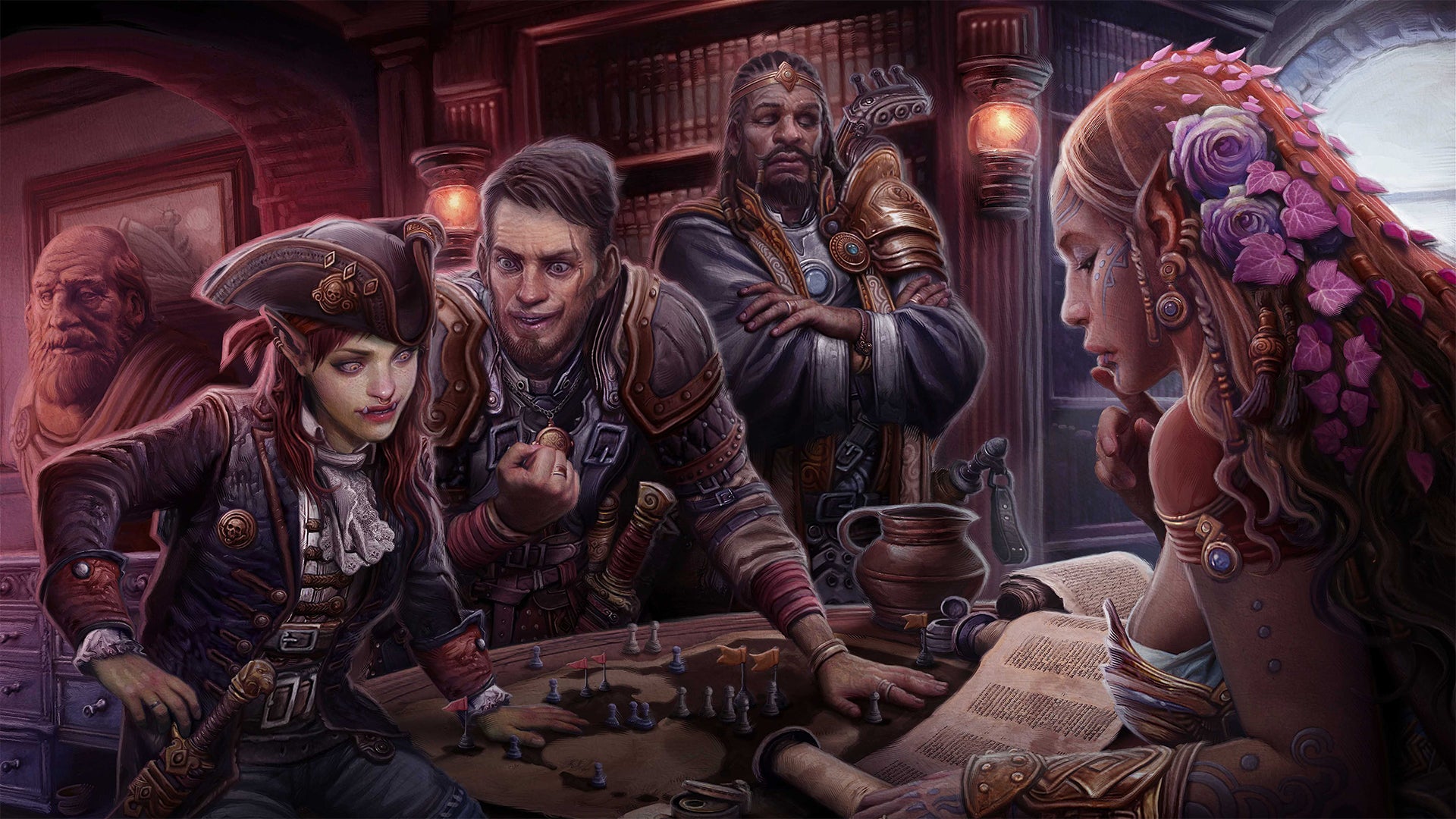
The first thing to decide is, are you going to use a pre-written adventure, or write your own?
Using a pre-written adventure is a great, beginner-friendly option, and for many games you can find free ones online. The obvious benefit is it takes a lot of the hard work off your plate—but you still need to make sure you've read the material thoroughly and fully understand it. You'll need to be ready to fill in any gaps that may arise in the adventure in play, so it's good to make sure you've gotten to grips not just with the content of the adventure, but the internal logic behind it too. Players will always find things to do that neither you nor the writer of the adventure could have predicted—if you have a sense of things like the personalities and motivations of the NPCs and adversaries involved, you'll find it easier to roll with the unexpected.
Writing your own adventure is a little more daunting, but lets you put a more personal stamp on your game. There's lots of adventure-writing advice out there, but for your first one, my recommendations are:
- Create a situation, not a story—the story is what happens when your players get involved in the situation.
- Make sure the situation is primed for drama—such as a village under imminent threat of attack, or a traitor secretly undermining a vital mission. If the players act, things happen, but if they don't, something else happens. If things can just stay static if the players don't act in the right way, you run the risk of an uneventful non-adventure.
- Keep it simple. You don't need to wow your players with clever twists or complicated plots—in fact, that's usually a bad instinct. Simple set-ups keep everyone engaged, and clichés and tropes help make your world approachable.
- Don't be afraid to steal. If you're just making an adventure for your friends, there's no pressure to be original, and if you're struggling for a concept an easy cheat is just to take the set-up of a film, TV show, book, or videogame and put it in a new context. Imagine Predator but in D&D, with some horrible creature from the Monster Manual as your villain—that's an adventure ready to go.
- Prep, but don't over-prep. Make sure you've got a really good sense of the adventure, so you always know what should happen next, but don't feel you need to figure out every tiny detail or create a full plan for every possible contingency—inevitably most of it won't come up and you'll have wasted your time.
Session 0
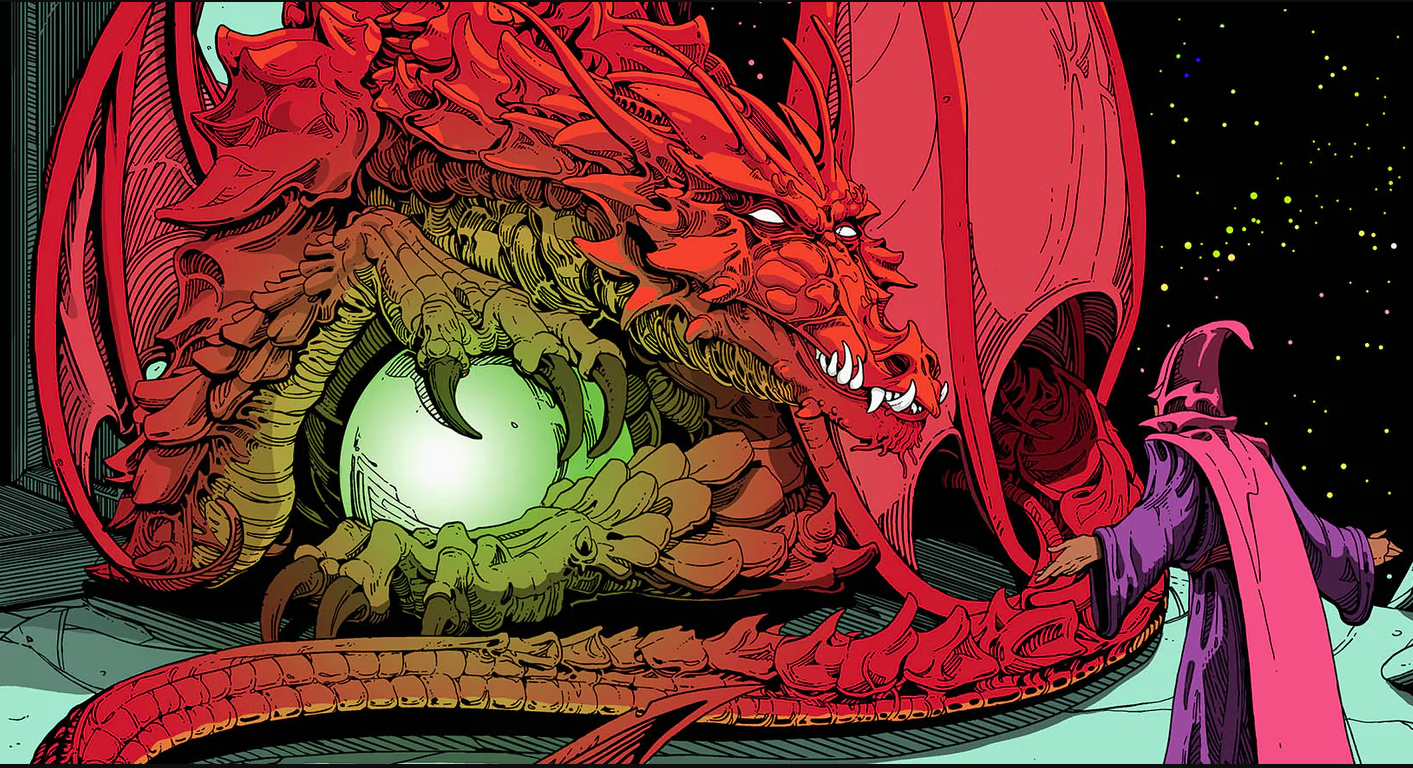
Something you might not realise as a beginner DM is how useful it can be to have a session before you actually start the adventure. Known as a "session 0", this is an opportunity to meet up with your players to introduce the game, make characters, and talk about what kind of adventure you're going to run.
There's an idea called CATS, created by Patrick O'Leary, that I find really helpful as a way to structure this conversation. You just briefly explain:
- The Concept—what the game is about. "You're pirates in a world where ghosts and voodoo are real."
- The Aim—what kind of story are you trying to tell? "You're exploring the high seas looking for magical artifacts."
- The Tone—what kind of feel are you going for? "It'll be light, swash-buckling fun, with a bit of pulp horror."
- The Subject Matter—what kind of elements are likely to come up, and is any of it likely to make anyone feel uncomfortable? "There'll be violence and thievery, and slavery does exist in the setting though it won't be a focus of the adventure."
What this does is it gets your players on board with your vision for the kind of game you want to run before you've even started. You'll be amazed at the difference this makes. It's easy for even well-intentioned players to come in with the wrong idea of the tone or style and totally disrupt the adventure you imagined—this way, any misunderstandings are caught before they can cause issues.
It also gives your players the chance to give you feedback at a point where you can still change things. If the tone isn't quite what they were hoping for, perhaps it can be tweaked. If the adventure looks like it's going to touch on things that make one or more of your players uncomfortable, you can remove those elements or simply not go into detail when they come up. A tabletop RPG is all about collaborative fun, and understanding that is a key part of learning how to DM.
Running the game
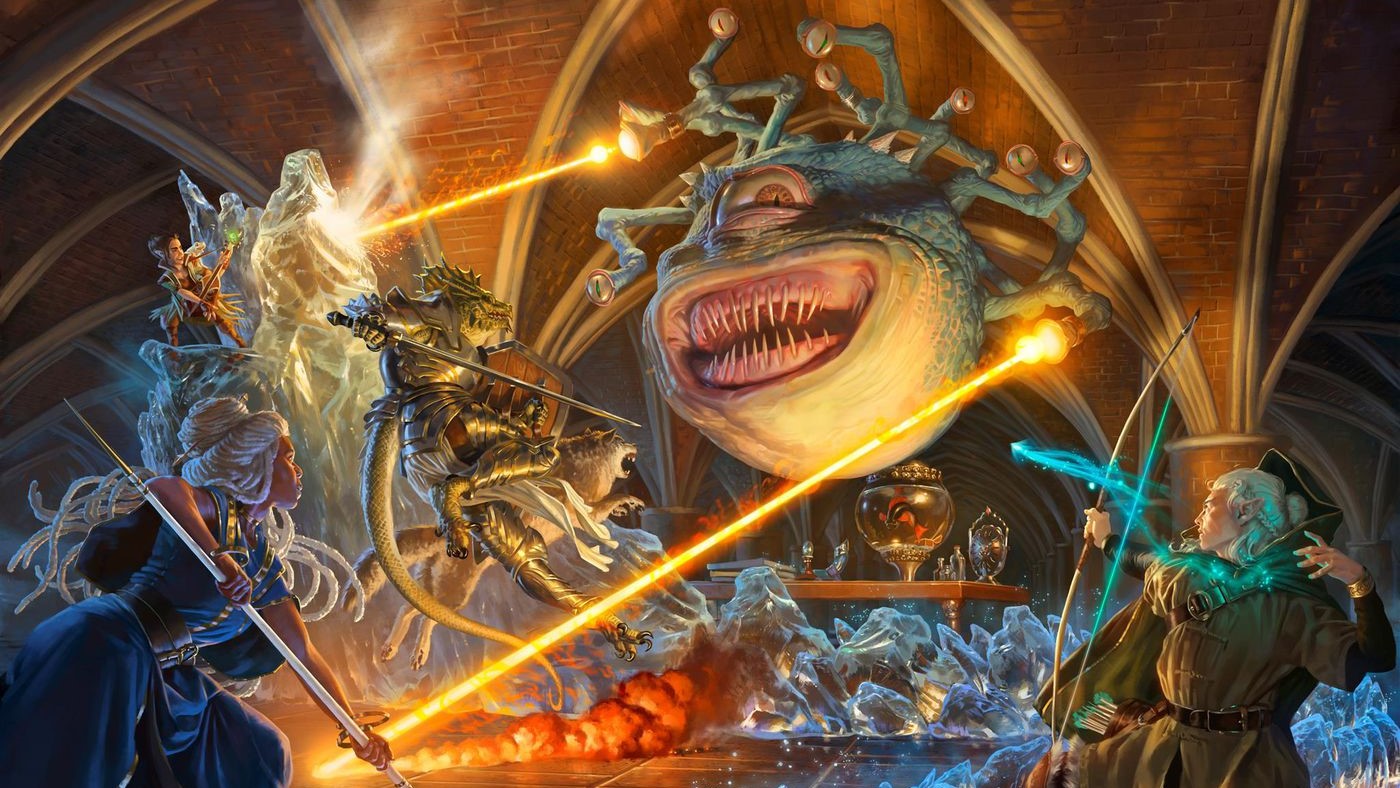
If you don't like doing character voices, then don't—just speak their dialogue.
Well, that's all the prep you can do—now it's time to just jump in and start running the game.
As I said in the intro, the first thing to accept is that you won't be perfect, and you don't need to aspire to be a great entertainer or master storyteller. You'll make mistakes, and there'll be things you're not good at, but that won't prevent you having a good time—and your players will quickly forgive you. The important thing is to be ready to learn—take on board any feedback you get, and think about things you could have done better and research how you might improve at them. You'll find yourself becoming a more and more confident DM by leaps and bounds.
If there are things you simply don't enjoy or feel you have no aptitude for, avoid them and focus on your strengths. If you don't like doing character voices, then don't—just speak their dialogue. If you don't feel comfortable improvising dialogue, then don't—just paraphrase for your players what a character says. There's no rule that says you have to be a jack-of-all-trades, as long as the game is ticking along.
If you're not sure what happens next—either in terms of the story, or the rules—don't be afraid to ask for a pause to think or look it up. 30 seconds of silence won't kill the mood.
Remember that you're collaborating with your players. Let them contribute to the world, to the degree you're comfortable with. If they ask if there's a storeroom, and there isn't one on your map, consider saying yes anyway—and then ask what it is they're looking for in there. If they ask if they have any contacts in town, ask them to make one for you, and explain their connection to them.
Most of all, have fun! As the DM, it's easy to forget you're there to play too—not just to facilitate a good time for the players. Being the Dungeon Master isn't a job or a burden, it's a way of getting a unique and wonderfully satisfying perspective on the hobby of tabletop roleplaying. Enjoy it, and make it work for you.

Formerly the editor of PC Gamer magazine (and the dearly departed GamesMaster), Robin combines years of experience in games journalism with a lifelong love of PC gaming. First hypnotised by the light of the monitor as he muddled through Simon the Sorcerer on his uncle’s machine, he’s been a devotee ever since, devouring any RPG or strategy game to stumble into his path. Now he's channelling that devotion into filling this lovely website with features, news, reviews, and all of his hottest takes.

